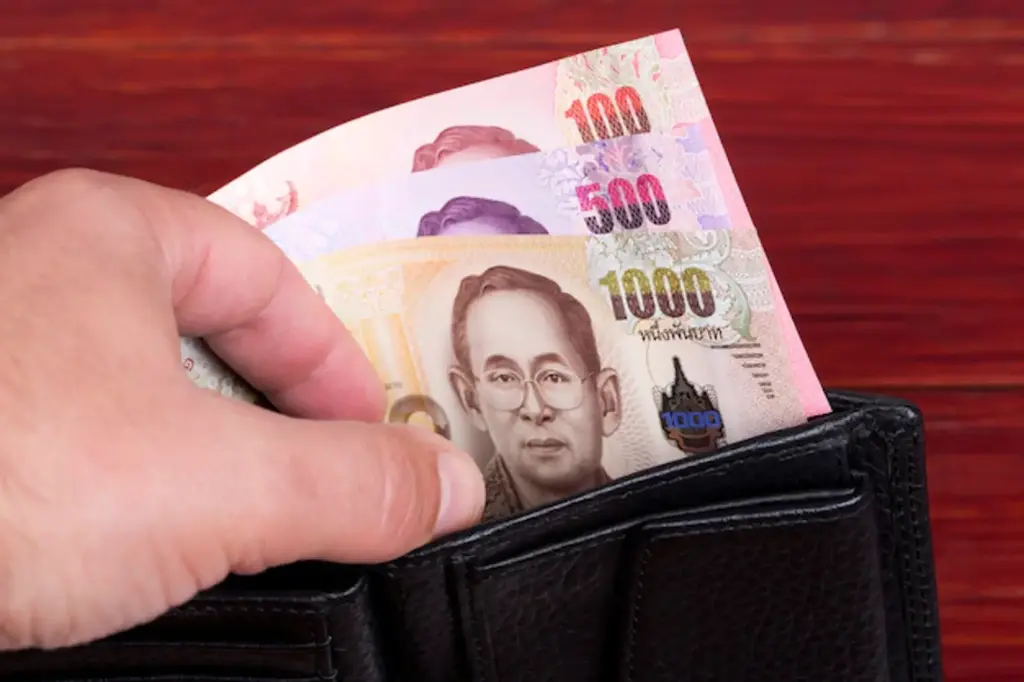World News
China Pressures Hong Kong to Deny Financial Times Asia News Editor Victor Mallet a Work Visa
HONG KONG (Reuters) – Hong Kong has refused to renew a work visa for the Asia news editor of the Financial Times, who is also an official of the city’s Foreign Correspondents’ Club (FCC), a decision that shocked many in the financial hub’s international community.
The news comes two months after government officials in China and Hong Kong condemned the FCC, one of Asia’s leading press clubs, for hosting a speech by an independence activist, reigniting debate about the viability of the city’s promised freedoms.
“The Hong Kong authorities have rejected an application to renew the work visa of Victor Mallet, Asia news editor at the Financial Times,” the newspaper said in a statement.
“This is the first time we have encountered this situation in Hong Kong. We have not been given a reason for the rejection,” it said.
Mallet, who is the FCC’s vice-president, did not respond immediately to a request for comment, while Hong Kong’s immigration department said it did not comment on specific cases.
In August, Mallet, who was the FCC’s acting president at the time, hosted a speech by pro-independence activist Andy Chan in a move strongly condemned by China’s Foreign Ministry.
The ministry had urged the FCC to withdraw its invitation to Chan, a founder of the pro-independence Hong Kong National Party, which was formally banned by Hong Kong authorities last month.
Authorities in Beijing and Hong Kong have said the notion of independence is inconsistent with the principle of “one country, two systems” under which the territory has been governed since Britain handed it back to China in 1997.
The principle promises Hong Kong a high degree of autonomy and freedoms not enjoyed elsewhere in China, rights which are enshrined in a mini-constitution known as the Basic Law.
Victor Mallet, a Financial Times journalist and first vice president of the Foreign Correspondents’ Club (FCC), speaks during a luncheon at the FCC in Hong Kong, China, August 14, 2018. Paul Yeung/Pool via REUTERS
Mallet said in August the FCC neither endorsed nor opposed the diverse views of its speakers, fully respected the law and championed free speech and freedom.
‘EXTREMELY RARE’
The FCC said it was expecting a full explanation from the Hong Kong authorities.
“In the absence of any reasonable explanation, the FCC calls on the Hong Kong authorities to rescind their decision,” the club said in a statement late on Friday, describing the move as “extremely rare, if not unprecedented”.
Reuters received multiple messages via email and social media from foreign banking and legal professionals expressing shock at the decision.
A spokesman for the U.S. Consulate General described the rejection as “deeply troubling”.
“This decision is especially disturbing because it mirrors problems faced by international journalists in the mainland and appears inconsistent with the principles enshrined in the Basic Law,” he said.
Reporters Without Borders called on Hong Kong authorities to reverse their decision.
“This is clearly a form of retaliation for his involvement in the public talk organized in August by FCCHK, which angered Beijing by featuring a pro-Hong Kong independence activist,” the group said in a statement.
“Such action is yet another proof that the Chinese authorities are extending their policy of intimidating foreign journalists to the territory of Hong Kong,” it said.
The Hong Kong Journalists Association (HKJA) said it was shocked at the move and urged the government to reconsider and explain its decision.
“If left unexplained, it will give rise to worries that it is an act of reprisal against Mr Mallet, further undermining public confidence in freedom of speech and the press,” the HKJA said.
Twenty-two lawmakers from Hong Kong’s democratic opposition called for Mallet’s visa to be reissued.
“It is sending a very wrong message to the international community that Hong Kong is just another city in mainland China,” veteran Democrat Party legislator James To told reporters.
Some pro-establishment politicians backed the government’s move, however, saying strong messages had to be sent that Hong Kong had zero tolerance of independence calls, government-funded broadcaster RTHK reported.
New York-based Human Rights Watch said in a statement the visa rejection, together with the unprecedented banning of the Hong Kong National Party, showed a quickening downward spiral for human rights in Hong Kong.
“This is shocking and unprecedented,” it said. “The Hong Kong authorities’ visa renewal rejection – without explanation – of a journalist who’s done nothing more than his job smacks of Beijing-style persecution of critics.”
The FCC, whose members include senior lawyers, scholars and government officials besides journalists, has long portrayed itself as fostering and defending free speech.
Mallet has worked as a journalist and foreign correspondent for more than 30 years, first at Reuters and then for the Financial Times, including more than 12 years in Asia.
By Anne Marie Roantree – Reuters





























